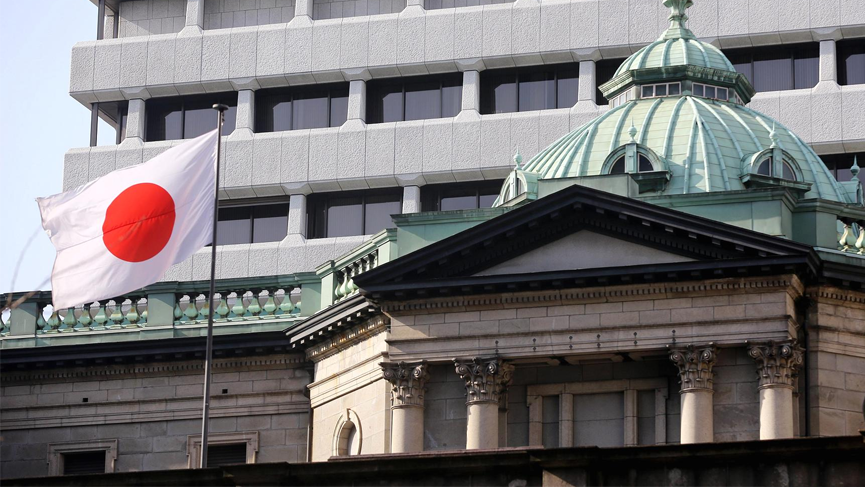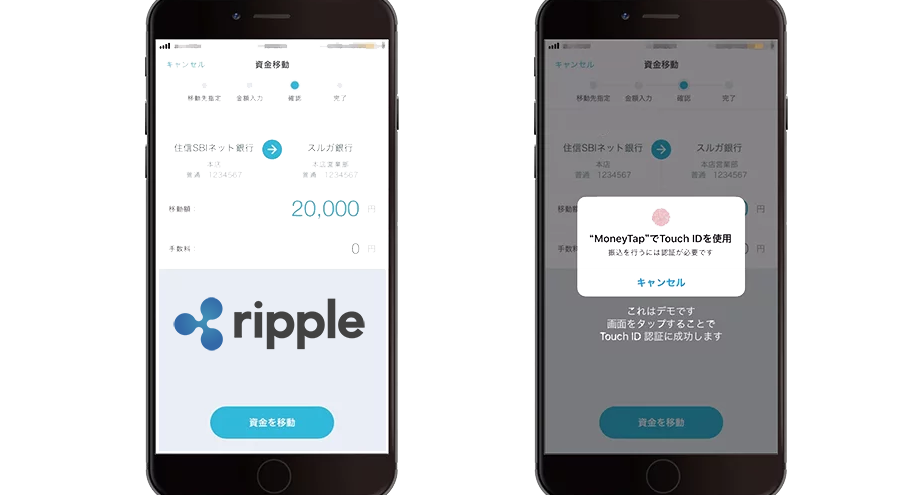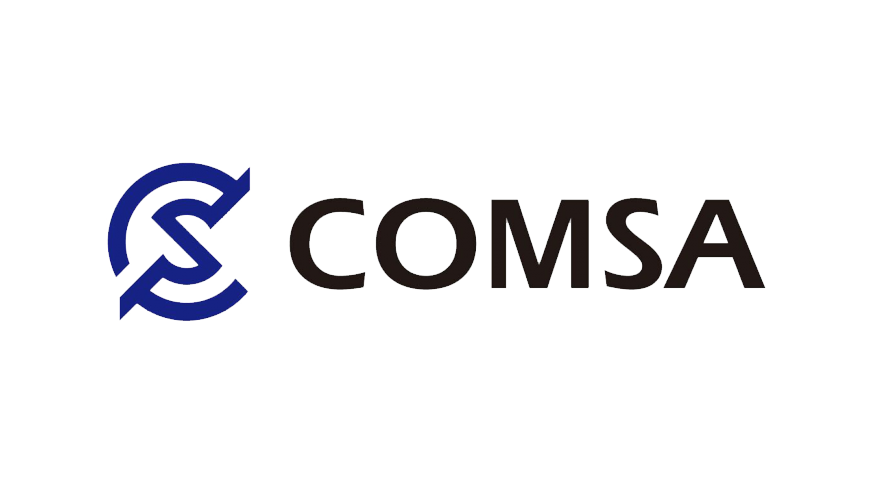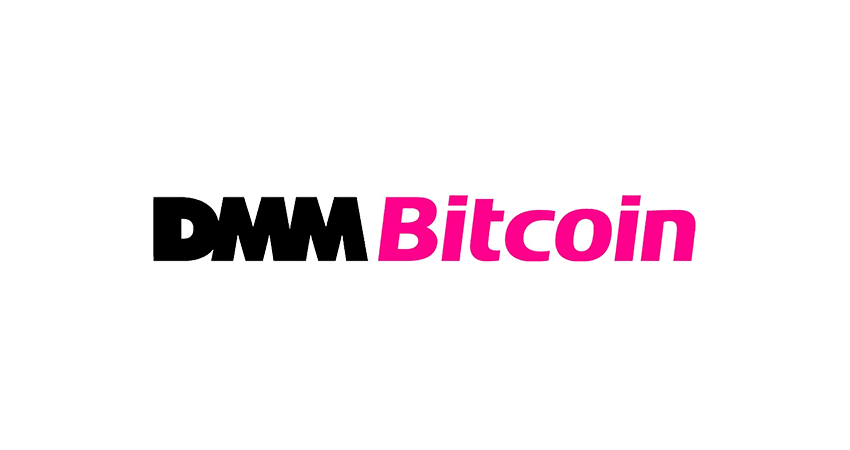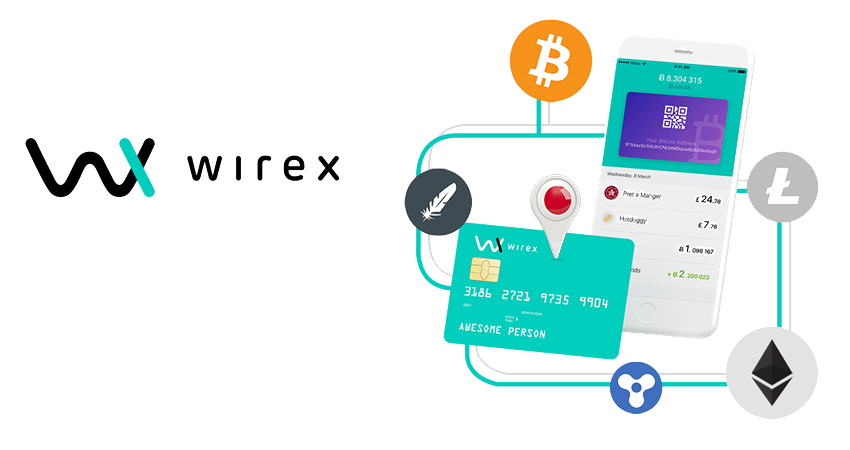It was back in the spring of 2016 when the Japan Financial Services Agency (JFSA) stated that it intended to regulate cryptocurrency and bitcoin exchanges within the next year. Back in May, Japan’s legislature passed a new bill, when in effect would regulate operators of bitcoin and virtual currency exchanges. According to the bill, the JFSA would be authorized to conduct on-site inspections and issue administrative orders as needed.
Moreover, the bill passed from last year classified virtual currencies as “assets” that can be used in making payments and can be transferred digitally. Just released today, Japan introduced new draft regulations.
Highlights of the draft regulation proposal can be found below:
- Anyone applying for registering an exchange must provide an address and also inform customers of that address.
- Exchanges are required to hold their own cash and bitcoins in separate banking accounts from customer deposits. Further, exchanges will need to comply with regular audits and inspections by the JFSA.
- The draft order requires adequate protection against the leaking of customer personal information. However, no specific details were given here.
- A requirement of reserve capital of at least 10 million yen (around $85,000 USD) to apply for registration.
- Foreign bitcoin exchanges operating in Japan must have a representative living in Japan. Foreign bitcoin exchanges that are not registered in Japan are not allowed to advertise their business to Japanese residents.
Feelings were mixed towards bitcoin on the Japanese street since the Mt. Gox debacle and bankruptcy of two years ago which roiled the bitcoin market for a brief period. However, since then steps have also been taken in the private sector to mitigate safety and security concerns on exchanges.
As CryptoNinjas reported back in November, the first insurance product of its kind was launched in Japan by Mitsui Sumitomo Insurance, which will supply an insurance product specifically designed to cover losses and damages at bitcoin exchanges.
Smart and innovative private-sector safety mechanisms like the insurance product from Mitsui combined with tough governmental regulations by the JFSA should help Japanese users feel safer using cryptocurrency exchanges. As a leading financial center, Tokyo can also provide a leading example to other regulators across the globe.


